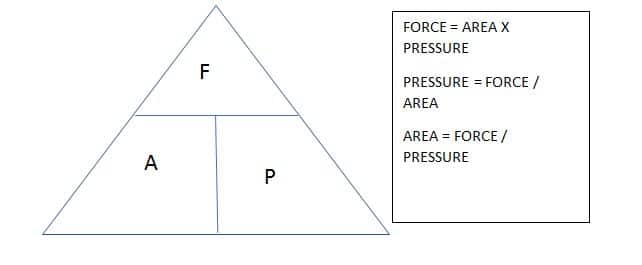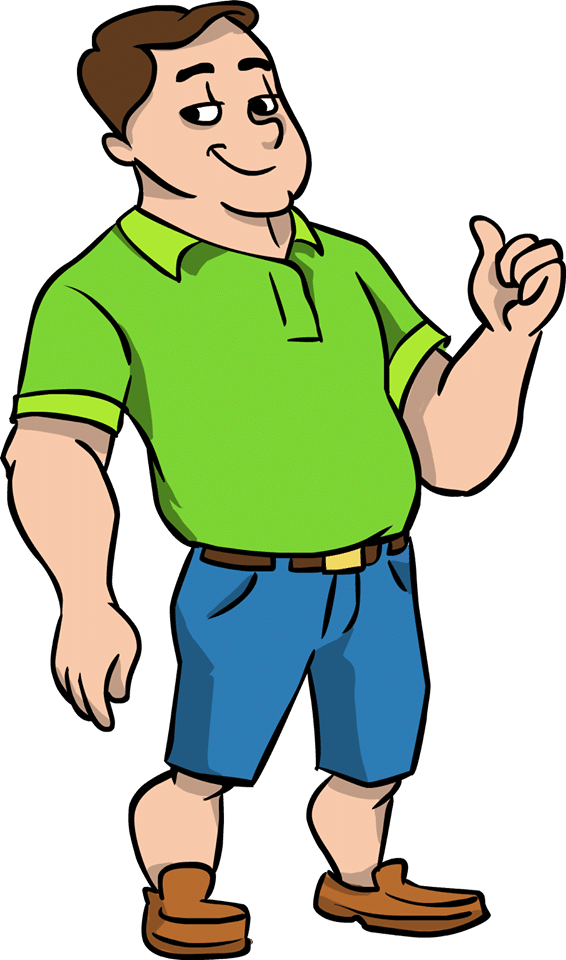Table of Contents
Week 1 | KS3 Physics
Day 2 | Energy transfer heating
Day 3 | Conservation of energy
Day 5 | Generating electricity
Week 2 | KS3 Physics
Day 1 | The cost of electricity
Day 2 | Comparing power ratings energy values
Day 5 | Movement of particleswere
Week 3 | KS3 Physics
Day 4 | Friction and resistance
Week 4| KS3 Physics
Week 5| KS3 Physics
Day 1 | Reflection and refraction
Week 6| KS3 Physics
Day 3 | Measuring current and-potential difference
Day 4 | Series parallel circuits
Week 7| KS3 Physics
Day 5 | Day and night and the four seasons
Revision
Pressure
- Pressure = how much force is put on a certain area
- Small pressure = given force over a big area
- Large pressure = given force over a small area
- Pressure is measured in N/m² (newtons per metre squared) OR Pa (pascals)
- 1 N/m² = 1 Pa
- Atmospheric pressure = around us always
- Weight of atmosphere is pushing against us, but we don’t feel it as we are used to it.
- Lower you are (sea level) = more atmosphere above you = atmospheric pressure increases
- High up (mountains) = less atmosphere above you= atmospheric pressure decreases
- Atmospheric pressure at sea level = 100,000 Pa
- Pressures in liquid increasewith depth . This is due to the weight of the water above.
- If an object is placed in water, the object experiences water pressure from all directions. As pressures increase with depth the forces acting up at the bottom of the object is greater than the force acting down at the top of the object. Overall upwards force = up thrust.
- Up thrust = objects weight = object will float.
- Up thrust is less than the objects weight = object will sink

How long have you…? (present perfect 4) Exercises

 Use the information given to create questions beginning with ‘How long…?’
Use the information given to create questions beginning with ‘How long…?’
• It is snowing.
• The weather is shining.
• John and Kate are married.
• My brother has gone on holiday.
• My aunty and uncle live in Canada.
• My sister is a teacher.
• I work at the chemist.
• I’ve known Susan since I was a baby.
• Jonathan is learning to speak to Mandarin.
 Fill in the missing gaps in the sentences using the present perfect (=has/have + past participle)
Fill in the missing gaps in the sentences using the present perfect (=has/have + past participle)
• I have known Kate a long time.
• My brother has been playing the piano he was 11 years old.
• My mum and dad on holiday to America. They
gone since last Sunday.
• I Ben and Emma since primary school.
We to the same primary and secondary school.
• My sister learning to speak French because she
is going to France next month.
[bg_collapse view=”link” color=”#fafafa” expand_text=”Reveal Answer” collapse_text=”Hide Answer” inline_css=”background: #2ea3f2; padding: 9px; font-size: 14px; font-weight: 600;” ][/bg_collapse]
 Use the appropriate words in the missing gaps.
Use the appropriate words in the missing gaps. have you lived lives to
has been works have known
I have bought have worked.
• My sister in Spain. She is studying Spanish
with her friend Rosie. I Rosie since I was 5.
• Spencer like with Jamie. They have worked
together for 2 years.
• How long in Australia?
• a new dress for prom.
• He to Thorpe park.
[bg_collapse view=”link” color=”#fafafa” expand_text=”Reveal Answer” collapse_text=”Hide Answer” inline_css=”background: #2ea3f2; padding: 9px; font-size: 14px; font-weight: 600;” ][/bg_collapse]
 Challenge: Create 4 of your own questions beginning with ‘How long……?’
Challenge: Create 4 of your own questions beginning with ‘How long……?’
1.
2.
3.
4.


